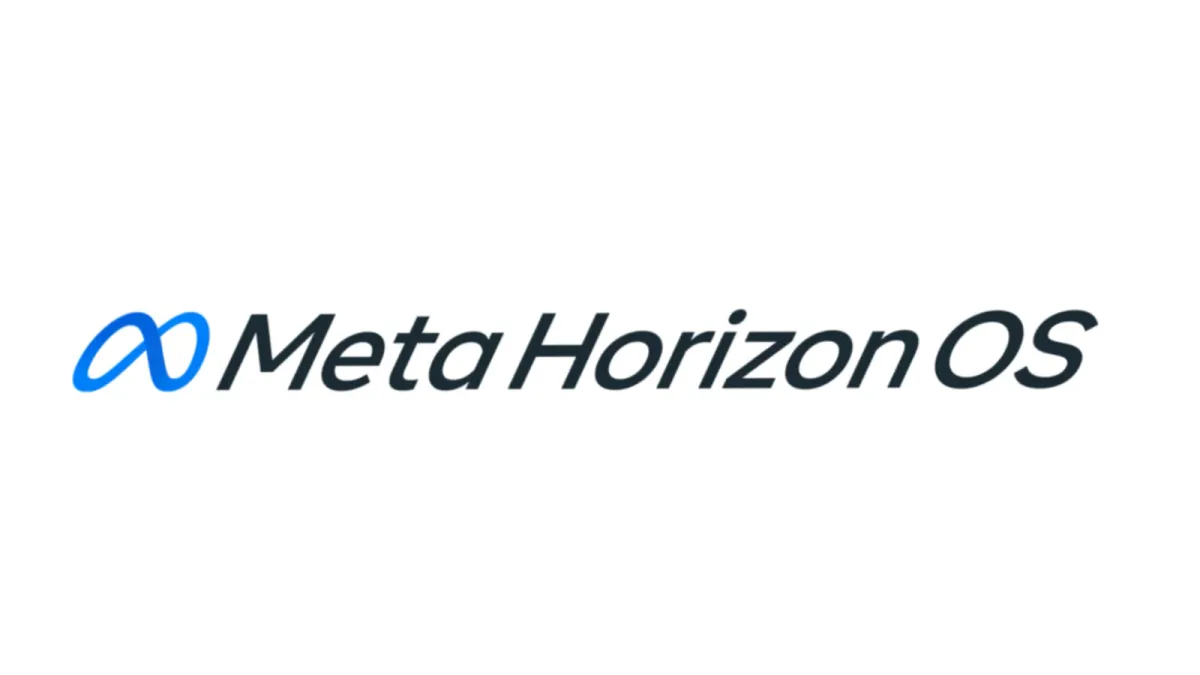Mixed Reality

Meta today announced a significant shift in its mixed reality (MR) strategy, opening up its Meta Horizon OS to third-party hardware makers and streamlining the development of MR applications.
This move aims to expand the MR ecosystem, potentially offering more immersive experiences for consumers and new marketing opportunities.
Key Takeaways from Meta's Announcement
- Meta Horizon OS Goes Open Source: Meta's proprietary MR operating system, the foundation of its Quest devices, will become accessible to other hardware manufacturers.
- Partnerships for Expansion: Collaborations with ASUS, Lenovo, and Xbox signal the potential for diverse MR devices catering to gaming, productivity, and entertainment.
- Focus on Developers: Meta emphasizes making it easier for developers to create MR apps and streamline the process for apps to reach consumers.
- Emphasis on Social Connectivity: The social layer of Meta Horizon OS is intended to create a cohesive experience, allowing users to move seamlessly with their identities and friend groups across MR experiences.
Implications for marketers
- Expanded Hardware Landscape: Increased device availability could broaden the MR user base, presenting marketers with new avenues to reach audiences.
- New Avenues for Immersive Marketing: Marketers should explore how to leverage the unique capabilities of MR, offering experiences beyond traditional digital ads.
- Focus on User Experience: As the MR ecosystem grows, marketers need to prioritize creating seamless and engaging experiences across different devices and platforms.
- Social Element: MR's emphasis on social connectivity could open doors for collaborative marketing, virtual events, and brand communities within the metaverse.
Additional Considerations
- Evolving Ecosystem: The success of this open model depends on developer adoption and the quality of third-party devices. Marketers should observe how the ecosystem matures.
- User Adoption: Widespread consumer adoption of MR remains a factor. Marketers should monitor user growth and demographics over time.
- Ethical Considerations: As MR becomes more sophisticated, marketers need to consider privacy and responsible use of data in this new environment.
Staying Ahead of the Curve
Marketers are advised to:
- Follow MR Developments: Stay informed about new devices, software releases, and MR use cases through tech publications and industry reports.
- Experiment Early: Consider partnering with developers to create small-scale MR experiences to test potential applications for their brands.
- Prioritize User Value: Focus on providing genuine value and utility within MR experiences, rather than simply replicating existing ad formats in a new environment.
The MR landscape is dynamic. Marketers should remain adaptable and consult a variety of sources for the latest insights in this rapidly developing field.

